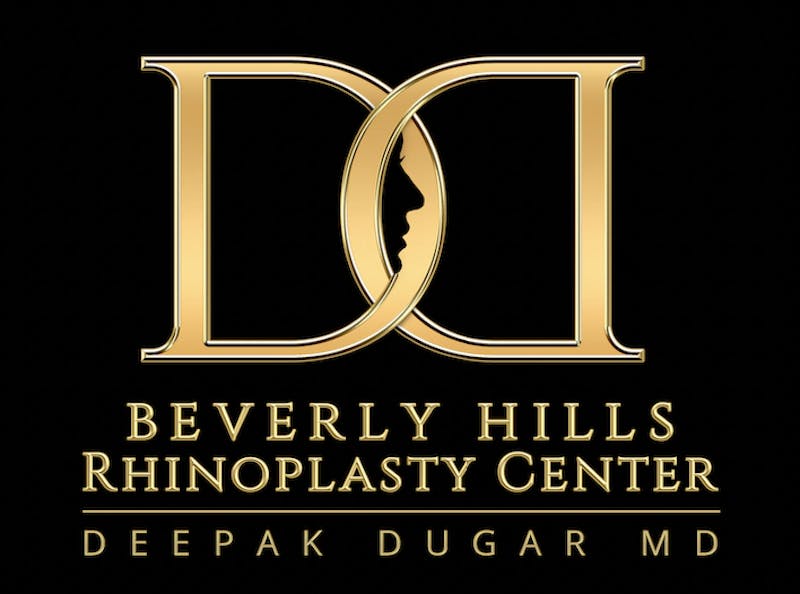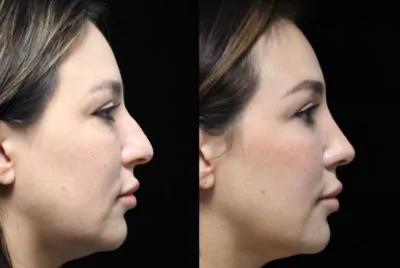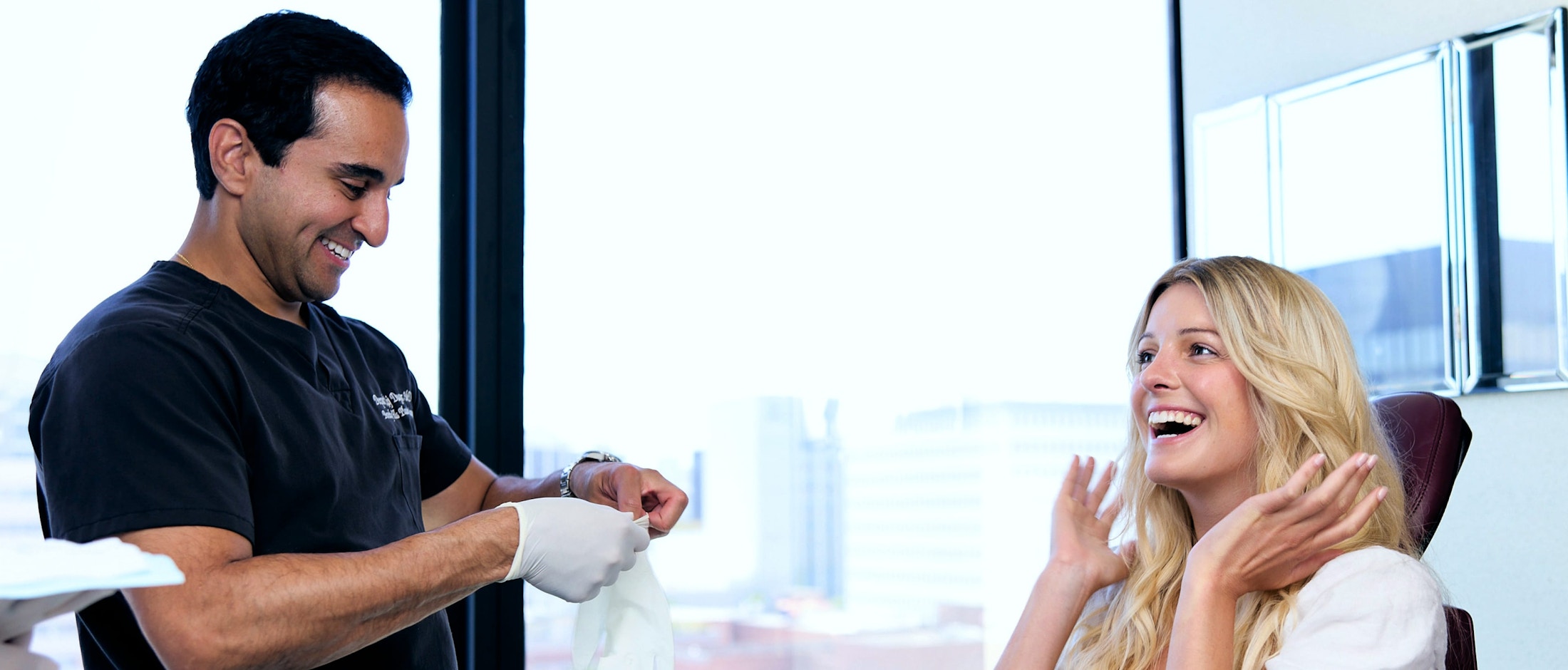Taking Accutane and Scared You Can’t Get a Rhinoplasty? Here’s What You Need to Know!
Many people experience the struggles of having acne around the world. For many with unrelenting and stubborn acne, accutane has been a miracle drug.
What is Accutane?
Accutane is a brand name for the drug isotretinoin. Isotretinoin is derived from the class of drugs known as retinoids, and is typically used to treat severe forms of acne. Retinoids are a natural derivative of vitamin A. This strong medication works to decrease oil gland size and production significantly and promotes skin cell shedding and reproduction, ultimately eliminating the production of acne lesions.
Additionally, isotretinoin has anti-inflammatory properties that decreases inflammation to the skin caused by acne.
However, Accutane has many risks and side effects that one must be careful with when taking the drug. It can make the skin surface extremely dry and sensitive.
It is important that when taking this drug, the skin is treated gently and is not aggravated in any way. Additionally, consistent isotretinoin use can cause birth defects if taking while pregnant. It may also affect mental health in negative ways. It is important that if you are taking Accutane, to consistently check in with your doctor or provider to ensure safe administration.
If you are taking Accutane, it is important to ensure that you are off the medication for at lease 3 months prior to a rhinoplasty procedure. This is because the medication dries out mucosal membranes of the entire body, including the nose, creating greater risk for complication during surgery and recovery afterwards. Giving the body some time to adjust after stopping the medication is essential if you are looking to undergo a rhinoplasty procedure.
It is also important to refrain from starting Accutane for at least 6 months to a year following a rhinoplasty procedure. The first 6 months after a rhinoplasty are crucial for proper healing of the nasal bones and tissues. Taking Accutane could disturb this natural healing process.
Some surgeons around the world have begun to administer a low dose of Accutane (Isotretinoin) post-operatively following a rhinoplasty to quicken the healing process and reduce unwanted swelling. Since Accutane has proven to have anti-inflammatory properties, many surgeons have begun to administer the drug after a rhinoplasty to reduce swelling and tighten the skin surrounding the nose more quickly.
Here at Beverly Hills Rhinoplasty Center, world famous closed rhinoplasty surgeon Dr. Deepak Dugar, believes in letting the body heal naturally following a rhinoplasty. Dr. Dugar recommends to refrain from Accutane for at least 6 months after a rhinoplasty to allow the body’s natural processes to heal the nose on its own. It is important to ensure that that every single nose heals differently depending on a person’s specific anatomy. For example, due to several different anatomical variables, some people may hold swelling in their nose following a rhinoplasty for longer than others.
This is all natural processes of healing after a rhinoplasty and healing should not be forced.
It is important to also note that Accutane is not an easy drug to take and can have heavy impacts on the body. This medication should be only taken if it is absolutely necessary. When regarding acne, Accutane should be used as a last resort when prior treatments have failed to prove effective. Because the medication is very strong and can have negative side effects, it should be taken and administered with caution only when necessary.
If are currently taking Accutane but are interested in getting a rhinoplasty, we still strongly recommend to have a consultation with Dr. Dugar to learn more and figure out the best timeline for you. If you have any questions our concierge staff is more than happy to assist you with anything you need!




